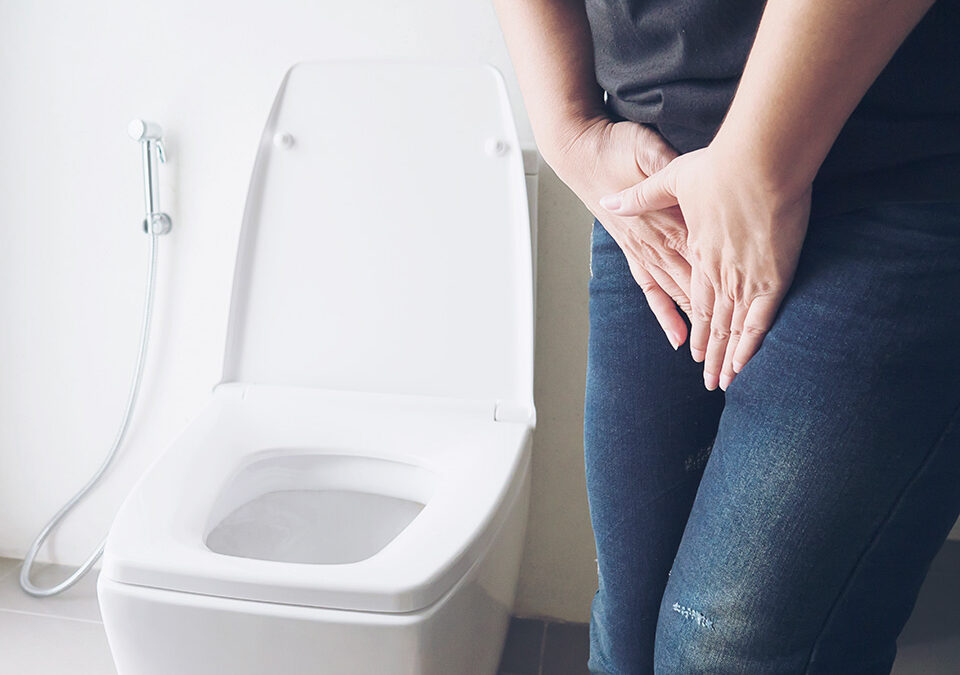
Your Child Might Be At A Risk Of Having Diabetes
April 28, 2021
Why Are Diabetes Patients More Susceptible To COVID-19?
April 28, 2021Those who urinate more often than normal may be at risk of diabetes as frequent urination could be an early indication of the disease. However, there are several other potential causes of frequent urination, many of which are harmless. Therefore, it is crucial to understand the relationship between diabetes and the functioning of the bladder to determine if frequent urination is a sign of diabetes or something else.
Why Does Diabetes Cause Frequent Urination?
Diabetes disables the body to produce or use insulin efficiently, which can result in elevated blood sugar levels. Excess sugar in the blood can have a negative impact on the kidneys and their functioning. When the kidneys aren’t functioning well and cannot regulate the glucose, much of it is eliminated by the body through urine. This is one of the major reasons that cause frequent urination in diabetes patients. The process of eliminating glucose often flushes out valuable hydrating fluids that lead to dehydration and making frequent consumption of water essential.
How To Know If It’s Diabetes?
Excessive urination is a hallmark sign of both diabetes type 1 and type 2. This is because the elimination of bodily fluids is the only way through which the body can get rid of excess blood sugar. Having said that, it is also important to understand that frequent urination is only one of the many signs of diabetes and can also be caused by other conditions. Therefore, to be sure that it is diabetes, it is important to look up for other signs and symptoms as well. Some of the associated signs are as follows:
Fatigue: The inability of the cells to draw glucose for energy can leave a diabetes patient feeling depleted of energy and exhausted most of the time. Dehydration due to frequent urination makes fatigue worse.
Unintentional Weight Loss: When low insulin in the body is combined with its inability to absorb sugar from the blood, it can lead to rapid weight loss which is often unintentional.
Blurred Vision: Drying of the eyes is a side effect of dehydration caused by diabetes that can impact the vision.
Swollen Gums: People with diabetes are at a higher risk of developing infections and pus in the gums that leads to swelling.
Tingling: Nerve damage that leads to loss of sensation in certain areas of the body, especially the limbs, fingers, or toes, is a common side effect of spiked blood sugar levels.
Waking Up At Night To Urinate: Waking up in the middle of the night to urinate can disrupt your sleep cycle and deplete your energy levels. This can also be a sign of a major sign of diabetes.
If frequent urination is worrying you and you think it might be diabetes, watch out for some of these signs. If you notice most of them, you must immediately consult a doctor. It is also wise to seek professional advice just to be sure.
Treating Frequent Urination Caused Due Diabetes
The best approach to treat bladder problems stemming from diabetes, is by treating diabetes itself. Monitoring fluid intake or visiting the bathroom frequently may not help much as the cause is the presence of excess blood sugar, not excess fluid in the body.
Some common diabetes management and treatment methods include:
Diet And Blood Sugar Management: Those suffering from diabetes must be well aware of what they eat while also managing their blood sugar levels closely. An ideal diet for diabetic patients is rich in fibrous fruits and vegetables and low in processed sugar and carbohydrates.
Exercise: Diabetes makes insulin sensitivity in the cells and the process of glucose absorption difficult. Regular exercise can help with the process.
Insulin Injections: Depending on the type and severity of the disease, one may need to regularly inject insulin. Insulin injections and pumps, in such cases, are crucial and often helpful in managing diabetes.
Other Medications: There are several medications available for diabetes management. These medicines are formulated to help the body naturally create more insulin or break down carbohydrates for energy. Professional consultation is recommended before taking any such medicines.
Frequent urination alone isn’t necessarily a cause for alarm. There are several possible causes of needing to use the loo more often than normal. However, if frequent urination is accompanied by some other symptoms such as fatigue, blurred vision, sudden weight loss, swollen gums or tingling in the limbs may require an instant call for action.




